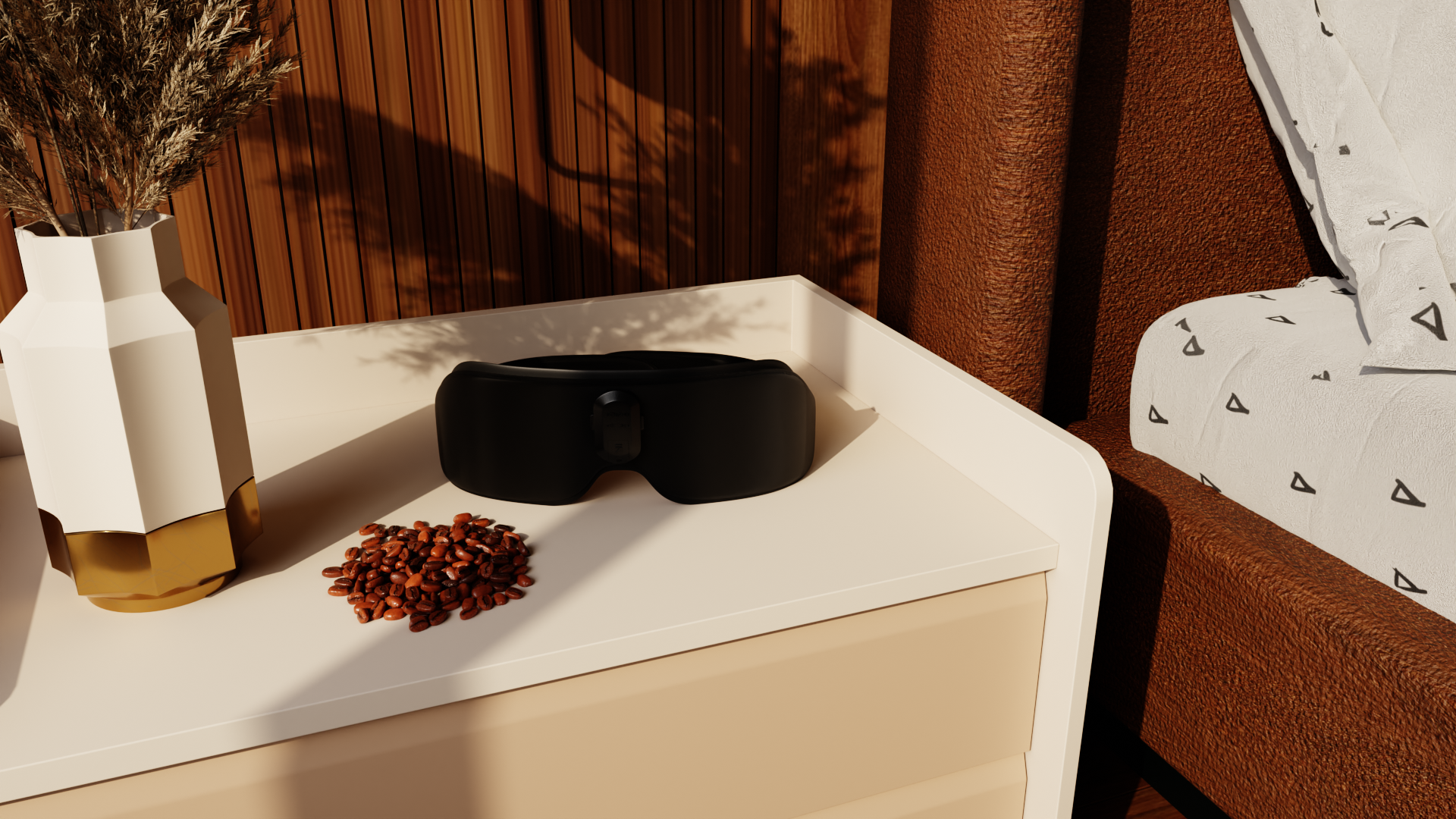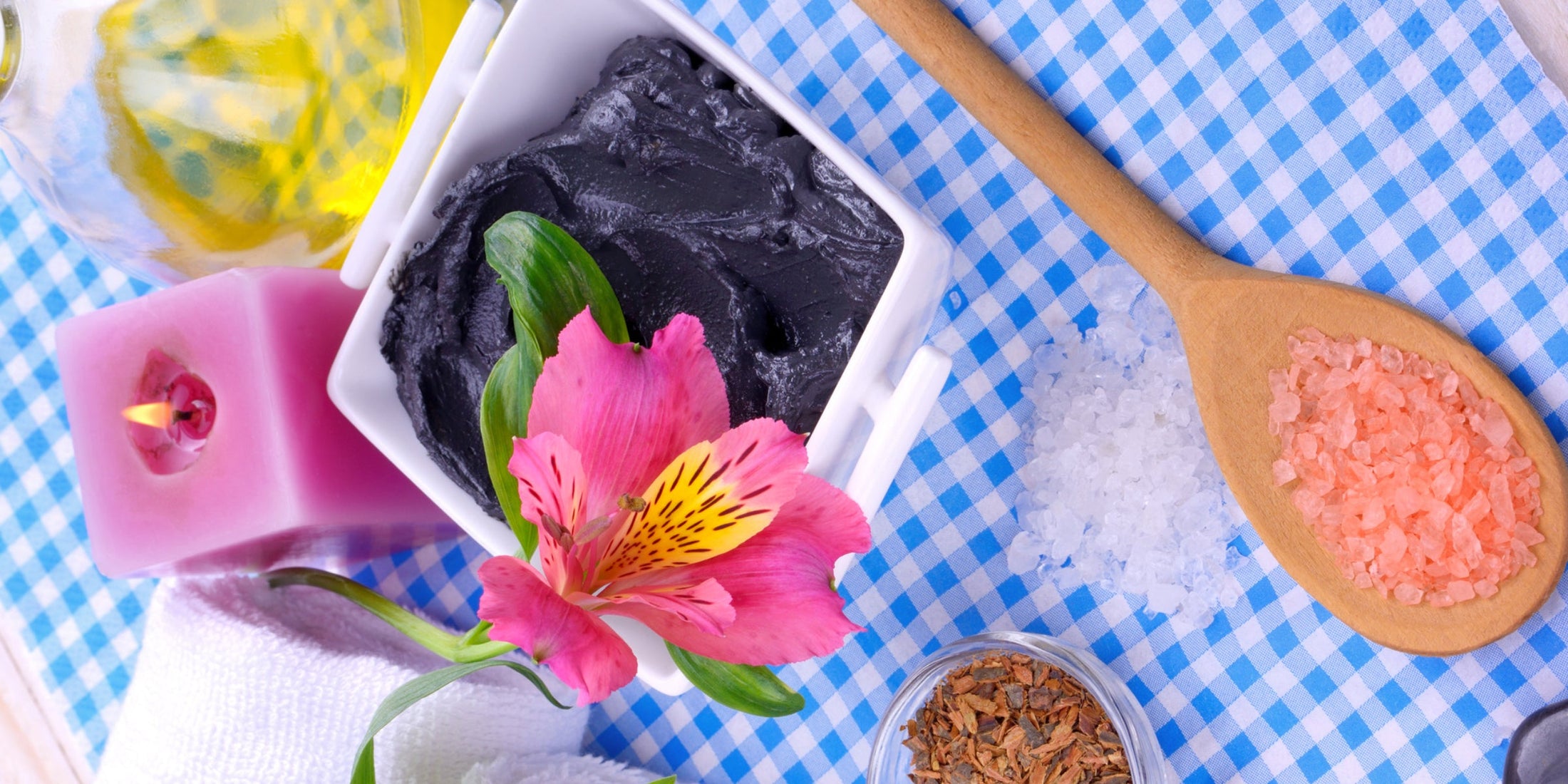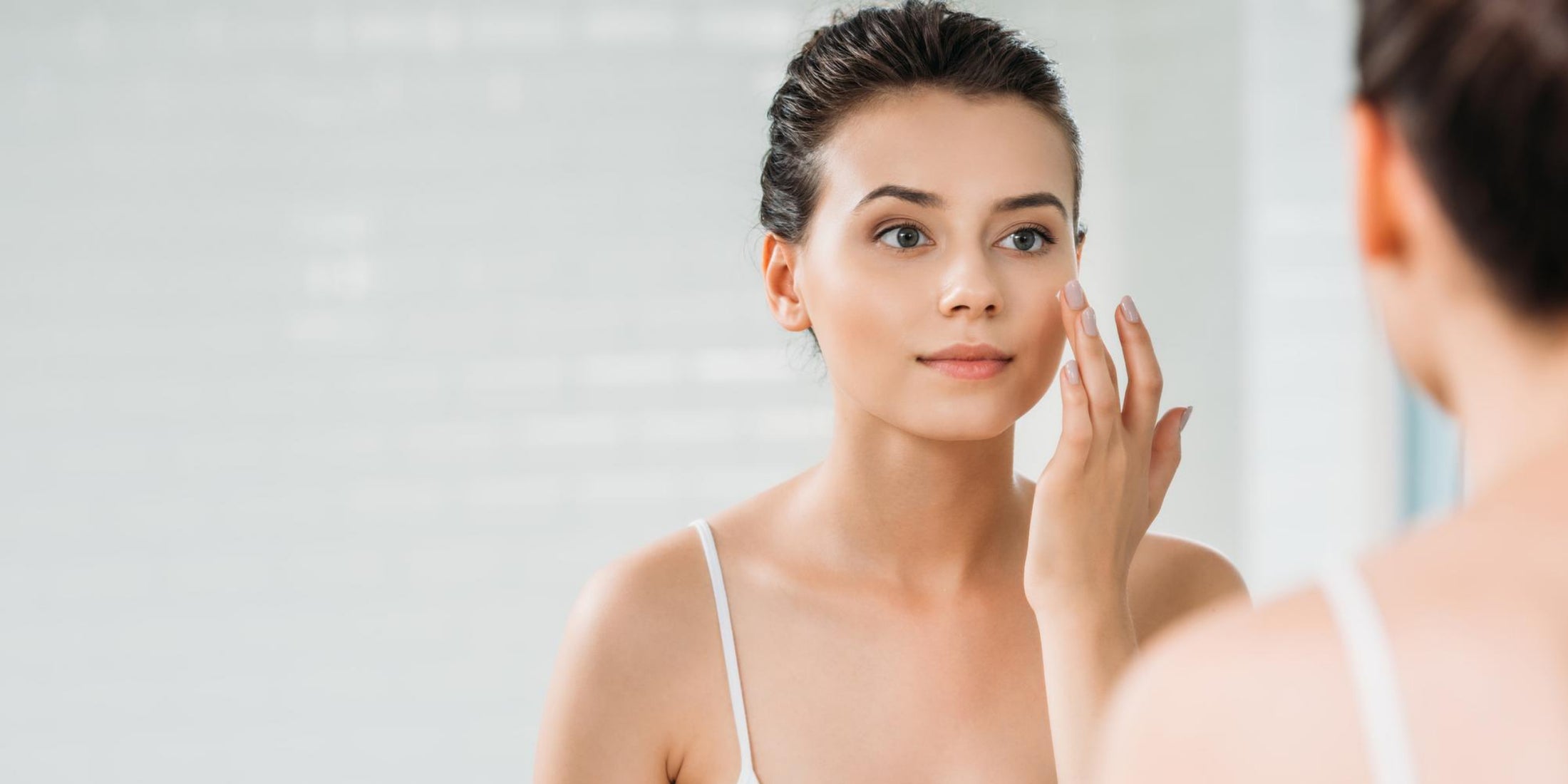Stress is an inevitable part of life, and it affects us in various ways, including our skin health. It is well-known that stress can have a negative impact on our overall well-being, but not many people realize the extent to which it can affect our skin. Understanding the connection between stress and skin health is crucial for developing effective stress skin care routines and maintaining a clear and glowing complexion.
So, how does stress affect your skin? When we experience stress, our body releases stress hormones like cortisol, which can trigger a range of physiological responses. These hormones can increase oil production in the skin, leading to clogged pores and potentially resulting in acne breakouts. Stress can also impair the skin's natural barrier function, making it more susceptible to irritants and allergens, and potentially leading to conditions like eczema or psoriasis flare-ups.
How Chronic Stress Can Impact Overall Health

Chronic stress has become a common problem in today's fast-paced and demanding world. Many individuals are constantly juggling multiple responsibilities and facing various pressures, which can take a toll on both their mental and physical well-being. While most people are aware of the negative effects of stress on mental health, its impact on overall health, particularly the skin, is often overlooked.
The relationship between stress and skin health is a complex one. Research has shown that chronic stress can exacerbate existing skin conditions or even trigger new ones. This is primarily due to the direct influence of stress hormones on the body's physiological processes.
Furthermore, stress can compromise the skin's barrier function, affecting its ability to retain moisture. This can result in dryness, itchiness, and a dull complexion. Moreover, stress-induced changes in oil production can lead to increased sebum production, creating a breeding ground for acne-causing bacteria. Consequently, individuals may experience more frequent breakouts and oily skin when under chronic stress.
Aside from these direct effects, stress can also indirectly impact our skin through unhealthy coping mechanisms. Many people resort to unhealthy habits like poor diet, inadequate sleep, reduced physical activity, and increased alcohol or tobacco consumption when stressed. These habits can further contribute to skin issues, as they disrupt the body's natural balance and impair its ability to regenerate and heal.
Effects of Stress on Skin Health

Stress is an inevitable part of our lives, with numerous factors contributing to its daily existence. However, have you ever wondered how stress affects your skin? Research suggests that stress has a direct impact on skin health, often leading to various skin problems. Understanding the effects of stress on our skin can help us develop effective stress management techniques and proper skincare routines.
One of the primary ways stress affects our skin is through the production of cortisol, commonly known as the stress hormone. When stress levels increase, our body releases more cortisol, which triggers the overproduction of oil by sebaceous glands. Consequently, this excess oil can clog pores and lead to the development of acne and breakouts. So, it's no surprise that stress is often linked to worsening acne conditions.
Moreover, stress can also disrupt the natural balance of our skin's barrier function. The skin's barrier acts as a protective shield, regulating moisture levels and preventing harmful substances from entering. However, stress can compromise this barrier function, resulting in increased water loss and decreased moisture retention. As a result, the skin can become dry, dull, and prone to irritation.
Increased Oil Production and Acne Breakouts

Increased oil production and acne breakouts are common skin issues that many people experience, especially during times of stress. Stressful situations can have a direct impact on our skin, leading to various skin concerns. So, how exactly does stress affect your skin, and what can you do to manage these stress-induced skin conditions?
Firstly, when we experience stress, our body releases cortisol, which triggers an inflammatory response in the skin. This inflammatory response can increase the production of oil (sebum) by our sebaceous glands, leading to an oilier complexion. The excess oil produced can clog our pores, causing acne breakouts to occur.
Moreover, stress can disrupt the balance of our skin's natural microbiome, which refers to the healthy bacteria that reside on our skin. This imbalance can further contribute to acne breakouts, as the harmful bacteria can multiply and cause irritation, redness, and inflammation.
Additionally, stress can impact our overall lifestyle choices, including our diet and sleep patterns. Oftentimes, when we are stressed, we may turn to unhealthy coping mechanisms such as consuming excessive amounts of sugary or greasy foods. These dietary choices can also contribute to increased oil production and worsen acne breakouts.
Dark Circles Under Eyes

Dark circles under the eyes can be a common aesthetic concern for many individuals, and they often give the appearance of tiredness and exhaustion. While lack of sleep and aging are often attributed to the development of dark circles, another factor that plays a significant role is stress. This prompts the question: does stress affect your skin, particularly the delicate skin around your eyes?
Stress has been found to have a direct impact on our skin's health and appearance. Elevated levels of cortisol can lead to a variety of skin issues, including dark circles under the eyes.
One of the primary ways stress affects the skin is by causing blood vessels to constrict. This constriction limits blood flow to the surface of the skin, resulting in a pale or dull complexion. Additionally, stress can weaken the delicate capillaries under the eyes, causing them to leak and accumulate blood. This pooling of blood creates a bluish or purplish hue, which manifests as dark circles.
Moreover, stress can disrupt our sleep patterns. Insufficient sleep not only deepens dark circles but also exacerbates other skin concerns such as puffiness and fine lines. When we don't get enough restorative sleep, our body's natural healing and rejuvenation processes are compromised, leading to a tired and aged appearance.
To combat the effects of stress on your skin and minimize the appearance of dark circles, it is essential to prioritize self-care and adopt stress-relief techniques. Engaging in activities that help you relax, such as practicing yoga, meditating, or indulging in a soothing skincare routine, can significantly reduce stress levels and improve the overall health of your skin.
Furthermore, implementing a targeted skincare routine specifically designed for the delicate eye area can effectively address dark circles. Look for eye creams containing ingredients like Vitamin C, peptides, and caffeine, as they help to increase blood circulation, strengthen the capillaries, and reduce discoloration. Additionally, using a cold compress or chilled tea bags can help constrict blood vessels and alleviate puffiness, providing a temporary solution for those pesky dark circles.
@lovenancy_ I have been using the RENPHO Eyeris 1 and trust me when I say you NEED this! It’s so relaxing, even my husband has been using it 😌 It’s currently on sale on TikTok or you can visit RENPHO.com to get yours! It’s also the perfect self care gift! Thank you again @RENPHO, for gifting me the Eyeris 1 as part of the #WomenMatter campaign. It’s the been the best gift I have received! #renpho #eyeris1 #eyemassager #selfcare #relaxing #fyp ♬ Adore - Instrumental - GC
The RENPHO Eyeris 1 Eye Massager is an innovative massager that combines soothing compression massage with gentle heat therapy to alleviate eye strain, reduce puffiness, and promote better sleep. By targeting critical acupoints around the eyes, it helps to relax tension, which can be beneficial for those suffering from headaches and migraines.
Moreover, the Eyeris 1 Eye Massager promotes blood circulation, which is crucial for reducing the appearance of dark circles and maintaining a youthful and radiant look. The gentle heat and massage functions work together to soothe and refresh tired eyes, providing a spa-like experience in the comfort of your home. For individuals with stressed skin around the eyes, this massager could be a valuable tool in their skincare and wellness routine, helping to alleviate symptoms and improve overall eye health.
Breaking the Cycle of Stressed Skin

The interplay between stress and skin health is a complex dance, where each influences the other in profound ways. To disrupt this cycle and restore equilibrium, a multi-faceted approach that addresses both the mind and the body is essential.
Mindful Practices for Inner Calm
Stress management begins with the mind. Techniques such as mindfulness meditation provide a refuge from the chaos of daily life, allowing one to center their thoughts and reduce the production of stress hormones. Yoga, with its combination of physical postures and controlled breathing, not only enhances flexibility but also promotes mental clarity and a sense of peace. Incorporating these practices into your daily routine can significantly lower cortisol levels, thereby reducing the stress-related impact on your skin.
Nourishing the Skin: A Step-by-Step Guide
-
Gentle Cleansing: Start and end your day with a gentle cleanser that removes impurities without stripping the skin of its natural oils. Opt for sulfate-free formulas that maintain the skin’s pH balance.
-
Toning: Apply a soothing toner to calm the skin and prepare it for better absorption of subsequent products. Ingredients like witch hazel or rose water can be particularly beneficial for stressed skin.
-
Serums and Treatments: Use serums rich in antioxidants like vitamin C or niacinamide to combat oxidative stress and promote skin repair. For targeted treatment, consider serums containing hyaluronic acid for hydration or peptides for anti-aging benefits.
-
Moisturizing: A good moisturizer is crucial for restoring the skin’s barrier function. Look for products with ceramides, glycerin, or squalane to lock in moisture and protect against environmental stressors.
-
Sun Protection: Never underestimate the importance of sunscreen. Daily use of a broad-spectrum SPF can prevent photoaging and protect against the exacerbation of stress-related skin conditions.
-
Anti-inflammatory Products: Incorporate products with anti-inflammatory properties, such as aloe vera, green tea extract, or colloidal oatmeal, to soothe irritated skin and reduce redness.
-
Regular Exfoliation: Gently exfoliate once or twice a week to remove dead skin cells and promote cell turnover. Choose a product with enzymes or alpha hydroxy acids (AHAs) for a non-abrasive exfoliation.
-
Facial Massage: Use a facial roller or gua sha tool to massage the face, which can help to relieve tension, boost circulation, and encourage lymphatic drainage.
-
Adequate Sleep: Ensure you get enough restorative sleep, as this is when the skin undergoes repair and rejuvenation. Aim for 7-9 hours of quality sleep each night.
-
Healthy Diet: A balanced diet rich in omega-3 fatty acids, vitamins, and minerals supports skin health from the inside out. Foods like salmon, avocados, nuts, and leafy greens are excellent choices.
Renpho Health Tips
-

Revitalize with Coffee Eye Mask and Say Goodbye to Dark Circles
February 20, 2024
Read more >
-

Blossoming Beauty: Crafting Natural Skincare from Spring’s Ingredients
March 20, 2024
Read more >
-

Spring Into Radiant Skin and Upgrade Your Skincare Routine for the Season
March 13, 2024
Read more >
-

Basking in Green: Exploring the Benefits of Forest Bathing
March 3, 2024
Read more >
-

Loving Your Skin: Building Your Skincare Routine for a Healthy Glow
February 21, 2024
Read more >



































